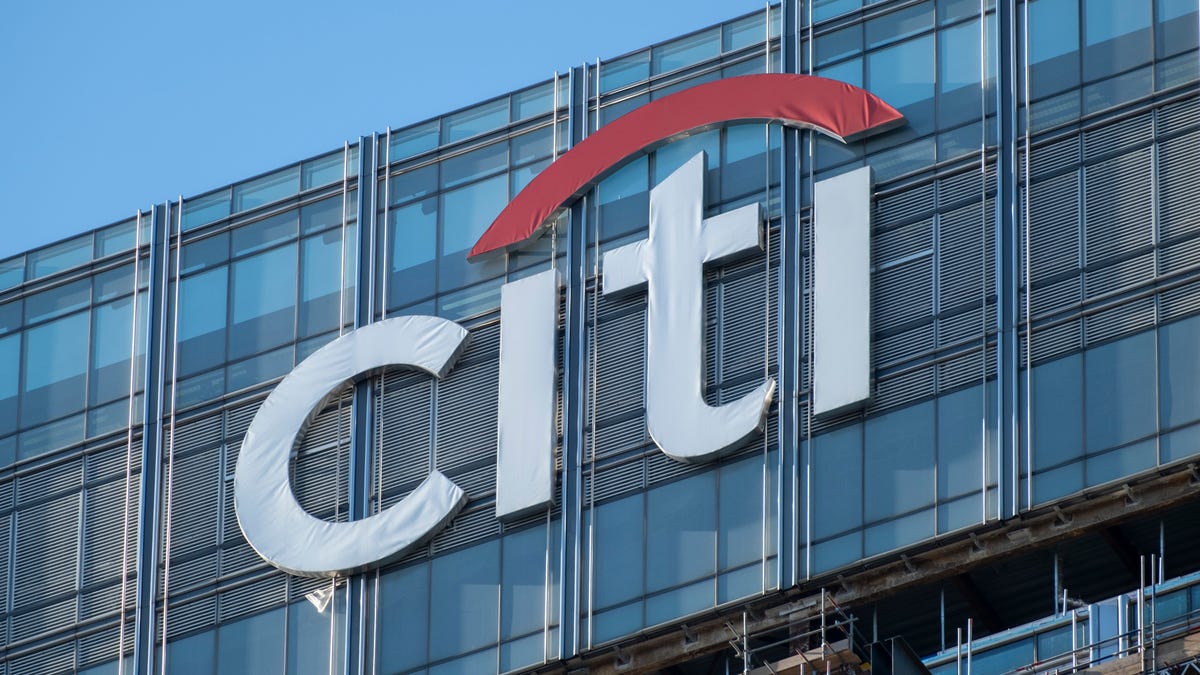How an $81 Trillion Blunder Revealed Flaws in Banking Oversight
In a stunning turn of events, a monumental error by Citigroup recently made headlines when the bank accidentally credited a client with an astonishing $81 trillion instead of the intended $280. This incident, while swiftly rectified, raises serious concerns about the robustness of banking oversight and the potential repercussions of such lapses. The implications of this blunder extend far beyond a simple clerical mistake; they shine a spotlight on systemic flaws within financial institutions that could threaten the stability of the banking system as a whole.
The Incident: A Closer Look
On a seemingly ordinary day, Citigroup encountered an extraordinary mishap. The bank’s technology systems malfunctioned, leading to the erroneous crediting of $81 trillion to one of its clients. To put this figure into perspective, it is more than the combined GDP of every country in the world. The intended transaction was a mere $280, leaving many to question how such a colossal error could occur in a well-regulated financial institution.
Upon discovering the mistake, Citigroup was quick to act. The bank retracted the erroneous credit and initiated an internal investigation to understand how such a blunder could occur. However, the incident has left many industry experts and consumers alike pondering the adequacy of current banking oversight mechanisms.
Understanding the Oversight Failures
The $81 trillion blunder has highlighted several critical failures in banking oversight:
- Technology Dependence: Modern banking relies heavily on technology and automated systems. While these systems can increase efficiency, they also introduce risks. A simple coding error or malfunction can cascade into catastrophic failures, as seen in this incident.
- Regulatory Gaps: The blunder raises questions about the effectiveness of existing regulatory frameworks. Are regulators equipped to identify and mitigate risks posed by advanced banking technology?
- Internal Controls: A significant part of banking oversight involves internal controls designed to prevent errors. The fact that such a colossal mistake went unnoticed for any length of time suggests a breakdown in these controls.
- Risk Management Practices: Financial institutions must have robust risk management practices in place. The failure to catch this error highlights potential weaknesses in how banks assess and manage operational risks.
The Consequences of Oversight Lapses
The ramifications of this blunder extend far beyond Citigroup. The incident serves as a wake-up call for the entire banking industry. Here are some potential consequences:
- Loss of Trust: Public trust in financial institutions is paramount. Such errors can erode consumer confidence, leading to a withdrawal of deposits and business, which could destabilize banks.
- Increased Regulatory Scrutiny: Regulatory bodies may respond to this incident by tightening oversight, leading to more stringent regulations for banks. While this could enhance consumer protection, it may also stifle innovation.
- Financial Market Volatility: Errors of this magnitude can lead to volatility in financial markets. If left unchecked, they could trigger panic among investors and affect stock prices.
- Legal Repercussions: Citigroup could face lawsuits or penalties as a result of this blunder, leading to financial losses and reputational damage.
Lessons Learned: Strengthening Banking Oversight
In light of the $81 trillion blunder, it is essential for banks and regulators to take proactive steps to enhance oversight and prevent similar incidents in the future. Here are some key lessons:
- Invest in Technology: Banks must invest in robust technology that not only streamlines operations but also includes fail-safes and redundancy systems to catch errors before they escalate.
- Enhance Training Programs: Employee training should focus on recognizing and responding to potential errors. A well-trained workforce can act as a critical line of defense against operational failures.
- Regular Audits: Conducting regular audits of systems and processes can help identify weaknesses before they lead to significant issues. These audits should be comprehensive and include both internal and third-party evaluations.
- Strengthen Regulatory Frameworks: Regulators must adapt to the rapidly changing financial landscape by updating regulations to address new technologies and potential risks they pose.
The Path Forward: Optimism in Oversight
While the $81 trillion blunder is undoubtedly a cause for concern, it also presents an opportunity for growth and improvement within the banking industry. Here are some optimistic perspectives moving forward:
- Innovation in Oversight: The incident can spur innovation in oversight practices. Banks may develop new technologies and methodologies to enhance accuracy and reliability in transactions.
- Collaboration Between Institutions: This incident could lead to greater collaboration among banks, regulators, and technologists to share best practices and strengthen the overall financial ecosystem.
- Consumer Awareness: As consumers become more aware of banking practices, they may demand greater transparency and accountability from financial institutions, prompting positive changes.
Conclusion: A Call to Action
The $81 trillion blunder by Citigroup serves as a stark reminder of the vulnerabilities present in the banking system. While this incident is alarming, it is also an opportunity for the industry to reflect, learn, and improve. By addressing the flaws in banking oversight, financial institutions can enhance their resilience and restore consumer trust. Moving forward, the focus must be on creating a safer, more transparent banking environment that prioritizes accuracy and accountability. The lessons learned from this monumental error could shape the future of banking oversight for years to come.
See more CNBC Network



